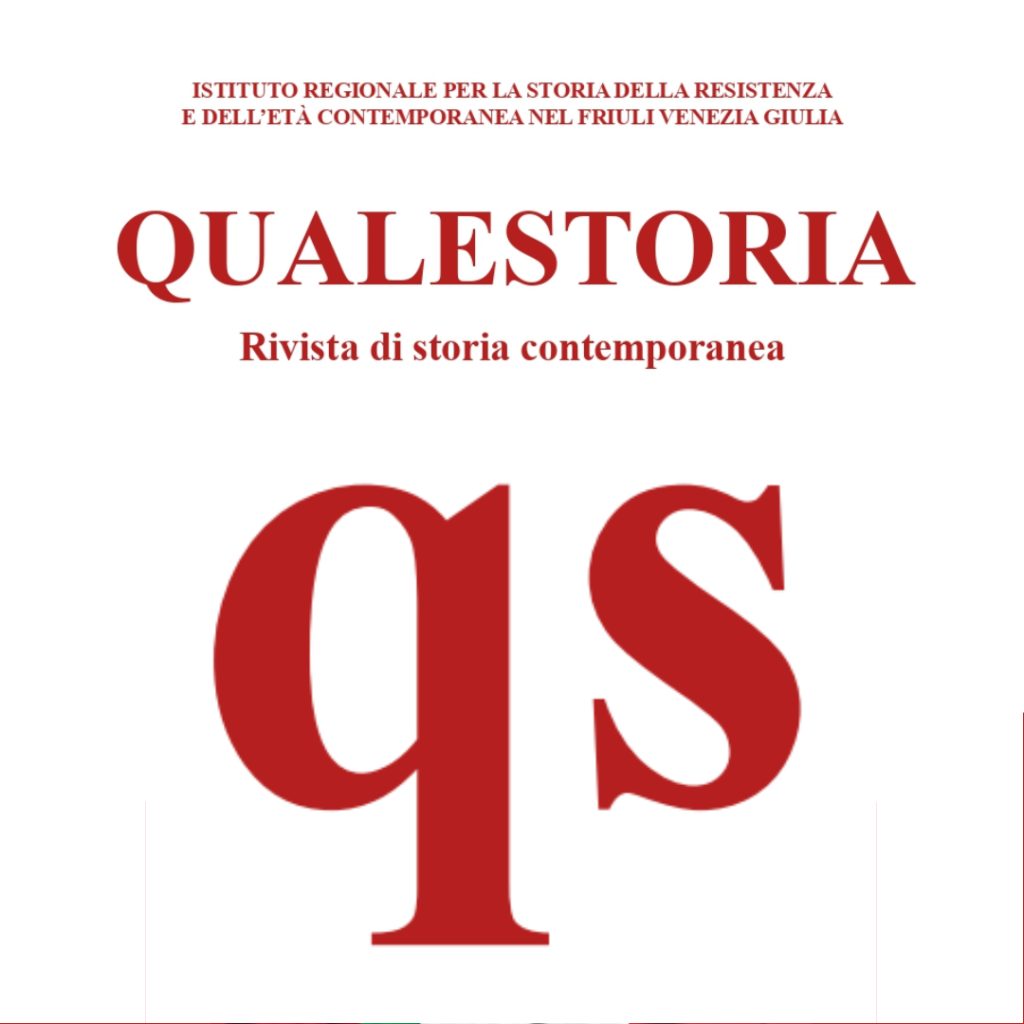deadline : 15 Giugno 2018
Notification of acceptance: 15 July 2018
Submission date: 15 December 2018
An increasing number of studies from various disciplines have analysed the impact of Europeanisation on collective memory of both EU member states and candidate countries (Mälksoo 2009; Convey and Pattel, 2010; Radonić, 2012; Kucia, 2016; Kowalski and Törnquist-Plewa, 2017; Perchoc, 2018; Milošević, 2017, 2018). They have concluded that “ethical remembering” is at the core of the EU’s politics of memory – the rejection of anti-Semitism, xenophobia and racism, respect for human rights, freedoms and protection of minorities (Milošević 2018; see Levy and Sznaider 2002; A. Assman 2006; Leggewie 2010; Wæhrens 2013). Common memory, and shared attitudes towards the past have importantly also served as a source of self-legitimisation for the EU. They convey broadly defined European values and undergird the idea of a common future through fostering of a
European identity (Littoz-Monnet, 2012; Gensburger and Lavabre 2012; Calligaro, 2013; Sierp, 2014; Kaiser, 2015; Neumayer, 2017; Milošević, 2018).
This volume explores how the process of European integration has influenced collective memory in the countries of the former Yugoslavia. Whether it is coded as “reconciliation”, “good neighbourly relations” or “cooperation with the ICTY,” dealing with the past is a formal-informal condition for the EU membership (Touquet and Milošević, 2018). However, in the region there is still no common understanding on the causes (and consequences) of the Yugoslav wars (Ramet, 2005; Jović 2009). The conflicts of the 1990s but also of the WWII and its aftermath have created “ethnically confined” memory cultures (Kuljić 2002, 2006). As such, divergent interpretations of history continue to trigger confrontations between neighboring countries and hinder their EU perspective. These memory wars also have a European dimension in the sense that they have become a tool to either support
or oppose Europeanisation (Mink and Neumayer, 2013; see Subotić, 2009; Dragović-Soso 2012; Pavlaković, 2012, Milošević and Touquet, 2018). Politics of memory is used not only to support nation and state building agendas, but to foster EU identity and endorse so-called EU values. The tensions that derive from the past, however, continue to persist even after achieving the strategic goal of entering the European Union (Touquet and
Milošević, 2018; Pavlaković and Pauković, forthcoming).
The contributors to the volume should assess how EU Integration affects memory politics in the countries of the former Yugoslavia (Croatia, Slovenia, Bosnia-Herzegovina, Serbia (including Vojvodina), Kosovo, Macedonia). Which internal/external (f)actors facilitate or constrain the change? How do (non-) state actors support or resist Europeanisation at memorial sites, museums, commemorations and production of soft memorial laws. What are
the outcomes of Europeanisation through memory politics?
Topics of interest include but are not limited to the following:
National and transnational remembrance of the Holocaust / Porrajmos
Ethical remembering: Memory discourse, war, peace and human rights
Political uses of the post-communist memory laws (legal and symbolic regulation of memory)
Official memories and counter-hegemonic memories (official remembrance and grassroots
memorialisation)
Violence, war and gender in memory and remembrance
Submission instructions
Please submit proposals for papers in the form of a 500-word abstract with a short biography to ana.milosevic@kuleuven.be AND heleen.touquet@kuleuven.be . Selected authors will be invited to present their contributions at the MELA (Memory Laws in European and Comparative Perspective) conference in 2019. More details to follow soon.











